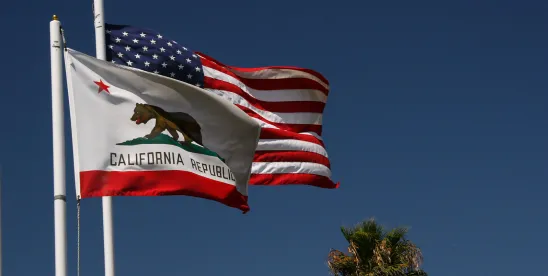A significant amount of background is required to answer the question of whether amending a shareholders agreement is subject to qualification under the California Corporate Securities Law. As an initial matter, the CSL defines the terms "sale" and "sell" to include any change in the rights, preferences, privileges, or restrictions of or on outstanding securities. Cal. Corp. Code § 25017(a). More specifically, it is unlawful for any person to offer or sell a security "in this state" in an issuer transaction in connection with "any change in the rights, preferences, privileges, or restrictions of or on outstanding securities", unless exempt. Cal. Corp. Code § 25120(a)(1).
Thus, the question becomes whether an amendment to a shareholders agreement constitutes a change specified in Sections 25017(a) and 25120(a)(1). By rule, changes under Section 25017(a) include "changes in the rights, preferences, privileges, or restrictions of or on outstanding securities effected through the adoption, modification or termination of provisions in a shareholders' agreement . . .". 10 CCR § 260.017.2. However, the provisions being changed must be required to be in the articles of incorporation or bylaws to be effective "except for the second sentence of [Corporations Code] Section 204(a)". The second sentence of Section 204(a) essentially provides that in the case of a close corporation any of the provisions required to be included in the articles of incorporation to be effective may be included in a shareholders' agreement. This would suggest that amending a shareholders' agreement could be subject to qualification, but a deeper dive is required.
However it must be understood that a "shareholders' agreement" refers not to just any agreement to which shareholders are parties. Under the CSL, a "shareholders' agreement" is a written agreement among all of the shareholders of a close corporation (or if a close corporation has just one shareholder, between the shareholder and the corporation) or a substantially similar agreement pursuant to the laws of a foreign jurisdiction. 10 CCR § 260.001(h) & Cal. Corp. Code § 186. Thus, not every agreement to which shareholders are parties is a "shareholders' agreement" for purposes of the CSL. Moreover, not every corporation with a small number of shareholders will be a "close corporation", as defined in the California General Corporation Law. You can identify a California close corporation by reviewing the articles of incorporation because they must include the affirmative statement "This corporation is a close corporation". See Cal. Corp. Code § 158(a). Thus, Rule 260.17.2 refers to shareholders' agreements, as defined, and not to agreements between or among shareholders generally.
What about other agreements to which shareholders are parties that are not shareholders' agreements? The rule states that “'any change in the rights, preferences, privileges, or restrictions of or on outstanding securities' as used in subdivision (a) of Section 25017 of the Code includes . . .". The term "includes" is "ordinarily a term of enlargement rather than limitation." Ornelas v. Randolph, 4 Cal.4th 1095, 1101 (1993). Thus, the rule might be interpreted so as not to exclude the possibility that changes to other types of agreements involving shareholders constitute changes in the rights, preferences, privileges, or restrictions of or on outstanding securities. However, I am aware of no authority for that interpretation of the rule.



 />i
/>i

